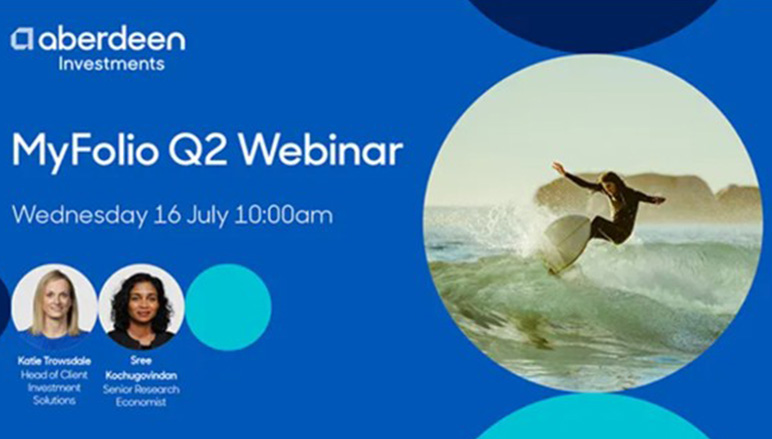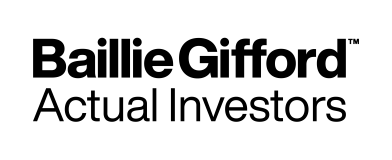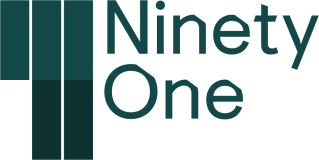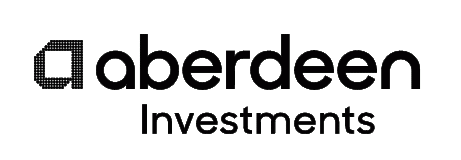Income has been one of the first casualties of the Covid-19 outbreak. The UK market has been hit particularly hard, with around half of UK companies cutting, deferring or cancelling their dividends. For Toby Ross, co-manager of the Baillie Gifford Global Income Growth Fund, this underlines the importance of a broad opportunity set and a focus on resilience.
AS WITH ANY INVESTMENT, YOUR CLIENTS’ CAPITAL IS AT RISK.
For a number of years, loose monetary policy has allowed weaker companies to continue paying dividends – sometimes from debt – and limp on through relatively benign economic conditions. However, the crisis has brutally exposed the limitations of this approach, with significant dividend cuts by some of the world’s largest companies, particularly in vulnerable sectors, such as oil. Toby Ross, co-manager of the Baillie Gifford Global Income Growth Fund, believes that the crisis has brought to a head many of the structural changes in the global economy already under discussion in his team. The portfolio’s income mandate precludes some of the high-growth names that feature in other Baillie Gifford portfolios, such as Scottish Mortgage, but the Baillie Gifford growth DNA still runs through the fund, with meaningful weightings in areas such as technology, healthcare and niche industrial businesses, rather than the traditional fare of income portfolios.
“We are not focused on the big businesses of yesterday that tend to dominate the FTSE 100. We want to see how companies will look in ten years’ time”, says Toby. “As long-term income investors it is not just about yield this year, but also how a company will perform in times of stress and the resilience of that income. The crisis has shown why it’s so important. It has exposed those businesses that are not in control of their own destiny, that are over-distributing or where growth prospects are weak.”
This has seen the fund deliver a very different income experience through the crisis. Toby estimates that the fund’s income is likely to fall around 10 per cent this year, and it is likely that this will be a far better outcome than will be seen from many UK funds and others in its global peer group.
He has not significantly altered the positioning of the fund during the crisis: “The changes we have made include taking advantage of the sell-off to buy businesses we’d admired, but where the price had previously been too high. This includes financials, such as T Rowe Price or Hargreaves Lansdown. These were companies where the market panicked.”
That said, there were a few holdings where the dividend growth prospects were notably dented by the virus and what has followed. In particular, Toby sold out of two European banks. “We saw the massive influence of state aid and there was a danger that politics could have started to intrude on their decision-making.” On the whole, the team has had to look at each business on its merits. “We always ask whether in five or ten years that business is going to be stronger? Will it be meaningfully larger and better?”
In general, it is not the Baillie Gifford style to react by backing away from companies. The firm sees itself as a provider of long-term capital to businesses and wants to support management teams through difficult periods. Toby gives the example of Amadeus, which provides technology to the travel industry. Understandably, it has had a difficult time, but he believes it is likely to come out of the crisis with a larger market share. “In the near term, we just sit out the volatility in the share price.”
Roche is currently the fund’s largest holding. This is partly a reflection of recent good performance: Roche has had a ‘good crisis’ with its diagnostics capability seen as an important factor in Germany’s successful response to the virus. However, for Toby, this success didn’t happen by accident and is not confined to its response to Covid-19. “There was a culture that underpinned it. A culture of scientific discovery, a willingness to make – and learn from – mistakes and a forensic focus on research.”
He believes income fund managers need to guard against retreating into “stodge and safety”, even with the outlook so uncertain. While it may feel comfortable in the short term, it is likely to be unhelpful as the economy restarts.
The team has always worked with a checklist for income resilience – the template shown in the box-out. While this doesn’t predict the next crisis, it does help the team create an all-weather portfolio that should prove resilient in difficult times: “We need to be able to trust the management teams of the companies in which we invest, that the companies can grow and ride out different scenarios.”
The team is also focused on engagement. It launched a responsible version of the portfolio in 2018 and uses the same analysis across both portfolios. This also helps ensure resilience, uncovering those companies and their management teams that are acting sustainably for the longer term.
The breadth of global opportunity is always helpful for delivering income, particularly in a crisis. However, it is not enough in itself. The Baillie Gifford Global Income Growth Fund identifies those companies that can compound growth and income over decades, and will not only last through this crisis, but the next one as well. It has just faced its biggest test and is proving the resilience of its philosophy.
The manager believes the FTSE All-World Index is an appropriate benchmark given the investment policy of the fund and the approach taken by the manager when investing. In addition, the manager believes an appropriate performance comparison for this fund is the Investment Association Global Equity Income Sector. More details on the fund can be found at www.bailliegifford.com
Risks and Important Information: As with any investment, your clients’ capital is at risk. For financial advisors only, not retail investors. This article does not constitute, and is not subject to the protections afforded to, independent research. Baillie Gifford and its staff may have dealt in the investments concerned. The views expressed are not statements of fact and should not be considered as advice or a recommendation to buy, sell or hold a particular investment. Baillie Gifford & Co and Baillie Gifford & Co Limited are authorised and regulated by the Financial Conduct Authority (FCA). FTSE Legal Notice:Source: London Stock Exchange Group plc and its group undertakings (collectively, the “LSE Group”). © LSE Group 2020. FTSE Russell is a trading name of certain of the LSE Group companies. [“FTSE”,”Russell”] are a trade mark(s) of the relevant LSE Group companies and are used by any other LSE Group company under license. “TMX®” is a trade mark of TSX, Inc. and used by the LSE Group under license. All rights in the FTSE Russell indexes or data vest in the relevant LSE Group company which owns the index or the data. Neither LSE Group nor its licensors accept any liability for any errors or omissions in the indexes or data and no party may rely on any indexes or data contained in this communication. No further distribution of data from the LSE Group is permitted without the relevant LSE Group company’s express written consent. The LSE Group does not promote, sponsor or endorse the content of this communication.
FTSE Legal Notice:Source: London Stock Exchange Group plc and its group undertakings (collectively, the “LSE Group”). © LSE Group 2020. FTSE Russell is a trading name of certain of the LSE Group companies. [“FTSE”,”Russell”] are a trade mark(s) of the relevant LSE Group companies and are used by any other LSE Group company under license. “TMX®” is a trade mark of TSX, Inc. and used by the LSE Group under license. All rights in the FTSE Russell indexes or data vest in the relevant LSE Group company which owns the index or the data. Neither LSE Group nor its licensors accept any liability for any errors or omissions in the indexes or data and no party may rely on any indexes or data contained in this communication. No further distribution of data from the LSE Group is permitted without the relevant LSE Group company’s express written consent. The LSE Group does not promote, sponsor or endorse the content of this communication.
Article taken from Hub News Issue 46.









